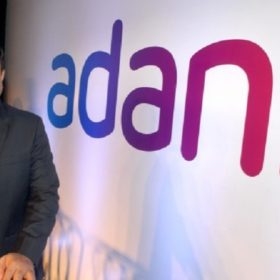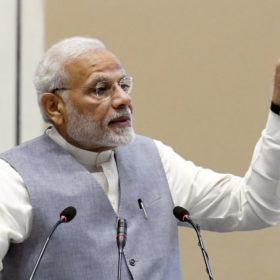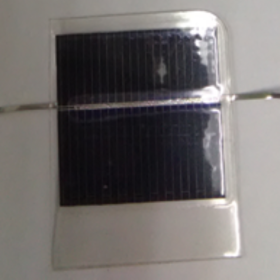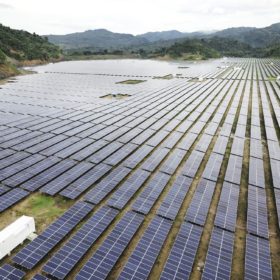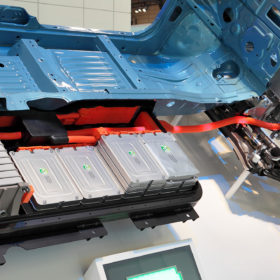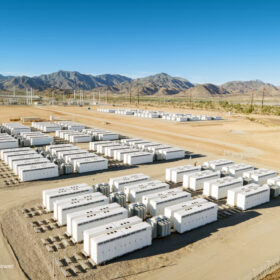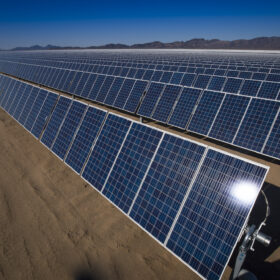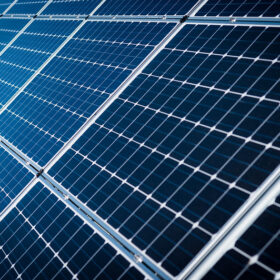Adani chief talks solar and hydrogen storage opportunity
Covid-19 crisis has provided system operators with insights on keeping the grid stable with high levels of renewable penetration. Post Covid-19, this may be the new norm, Gautam Adani said in a LinkedIn post recently.
MNRE seeks consultants for the global supergrid plan
July 6 is the last date to submit proposals for the ambitious ‘one sun, one world, one grid’ plan that aims at seamless sharing of renewable energy resources among countries for mutual benefits and global sustainability. The program has been taken up by the Ministry with assistance from the World Bank.
Modi calls for a rooftop-solar-powered city in every state
The prime minister again emphasized the need for India to develop a domestic solar manufacturing industry and also urged officials to get on with plans to make Ladakh carbon-neutral.
Tata Power aims to set up 700 EV charging stations this fiscal
Under the brand name EZ Charge, Tata Power has already installed 170 fast and smart-charging points for electric vehicles in more than 20 cities across the country.
Pouch lamination technique for solar cell encapsulation
Madurai Kamaraj University scientists have used a pouch laminator to encapsulate a polycrystalline solar cell. The resulting device, the researchers claim, showed better UV photon absorption than solar cells treated with a polymer surface coating.
NTPC tenders 600 MW grid-connected solar EPC work
The interstate transmission system (ISTS) connected solar projects—to be set up on a turnkey basis—can be located anywhere in India. Bidding closes on June 22.
Integrating agriculture and solar energy production
A study by Germany’s Fraunhofer Institute for Solar Energy Systems has evaluated the feasibility of horticulture PV at the site of Paras in Akola district of Maharashtra, where the state utility Maharashtra State Power Generation Co. Ltd (Mahagenco) is considering to install a ground-mounted solar system on more than 100 hectare (ha) of arable land.
Used EV batteries for large-scale solar energy storage
MIT scientists have suggested used electric vehicle batteries could offer a more viable business case than purpose-built systems for the storage of grid scale solar power in California. Such ‘second life’ EV batteries, may cost only 60% of their original purchase price to deploy and can be effectively aggregated for industrial scale storage even if they have declined to 80% of their original capacity.
Rs 900-billion package not a solution to Discoms’ woes, but offers respite
For long-term stability, Discoms need to address operational issues like low billing and collection efficiency and high aggregate technical and commercial losses.
Germany to help India evaluate optimal power balancing with renewables
German development agency GIZ has hired DNV GL to study control reserve requirements of India’s southern states. The study—part of the Indo-German Energy Programme—will help ensure efficient and cost-effective integration of large-scale renewable energy supplies in the region.
